SERVICES

New diagnosis education
Credentialled Diabetes Educators (CDE) can be there with you the entire way through your diabetes journey. When you are first diagnosed, a Credentialled Diabetes Educator will explain what diabetes is and provide individualised advice on how to get your blood glucose levels within the appropriate target range. A CDE will also help you organise tests and screenings for diabetes complications. This will vary depending on your diabetes, your lifestyle and your age. Your 1st appointment with us will take 60 minutes to allow for a full assessment and to develop an education care plan to meet your specific needs.
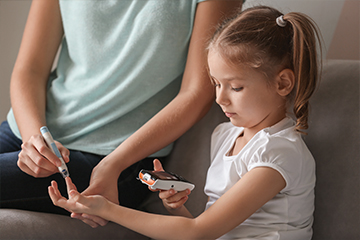
Type 1 Diabetes
At DiaCare we have extensive experience in the management of diabetes for adults, adolescents and children. This education includes blood glucose testing, insulin administration, insulin adjustment principals, sick day management, diabetes management while travelling/planning travel, camp management plans, troubleshooting unstable diabetes, hyperglycaemia, hypoglycaemia, managing diabetes at school, insulin pumps and CGM advice. We will assess yours or your child’s particular care needs and devise a plan of care which is personalised to you.
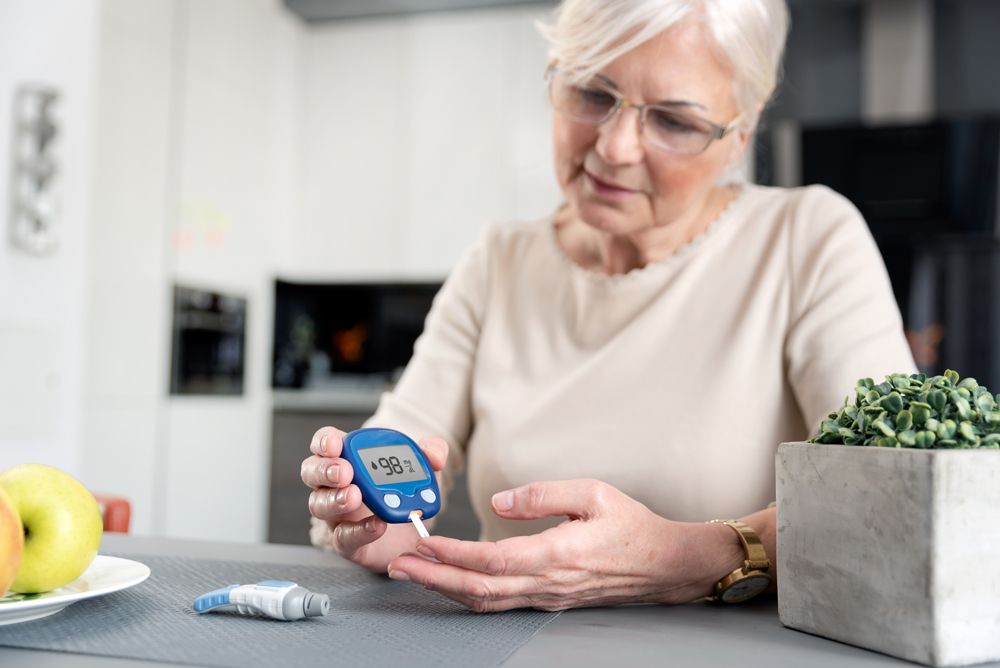
TYPE 2 DIABETES
The treatment of Type 2 diabetes is complex and multi-faceted. We will assess your care and treatment needs whether you are newly diagnosed or have had diabetes for many years. Ongoing education and intensive management of Type 2 has shown to improve patient outcomes.
We provide education on blood glucose testing, medication education/management, insulin administration, insulin adjustment principals, sick day management, troubleshooting unstable diabetes, hyperglycaemia, hypoglycaemia, lifestyle advice and goal planning for improved outcomes.
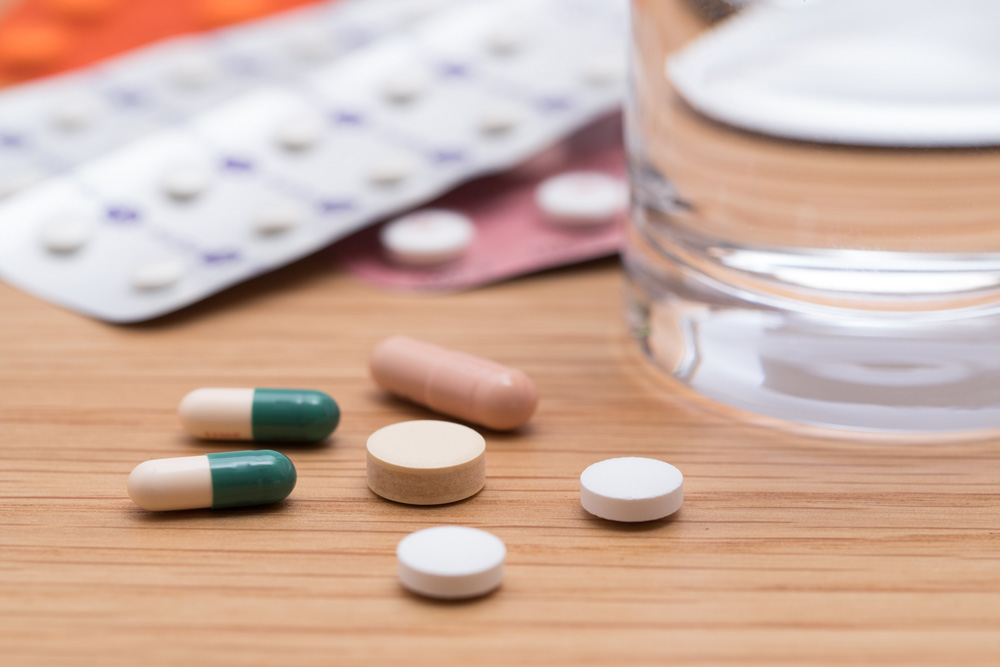
Medication review
We will review your current diabetes medications including oral and injectables and offer advice about potential side-effects and interactions of medications. We have experience of all medications required to treat diabetes and can offer advice to you about your treatment options, in consultation with your doctor.

Insulin and Injectables
Starting insulin or other injectable medications for diabetes requires specialist education and support. We will provide you with education on your insulin type, its mode of action, injection technique, timing of injections, benefits and risks of insulin and insulin adjustment principals. You will also be advised about side-effects/risks associated with your medication.
The starting dose of insulin does not guarantee that you will achieve target blood glucose levels immediately. The dose will need to be adjusted/’fine-tuned’ until you get optimal results. For this reason, we recommend that you avail of the ‘Insulin Stabilisation Package’ when you start insulin. This will provide you with weekly e-mail or phone reviews with the Diabetes Educator to continue your education and guide you in making adjustments to get to your optimal insulin dose. The diabetes educator will discuss this with you at your appointment.
There are other injectable medications available for the treatment of Type 2 diabetes. This may be an option for you if oral medications are not controlling your diabetes adequately. We will assess your suitability for all diabetes medications and offer advice on the best medication to suit your needs. This will always be done in consultation with you to ensure you understand your options.
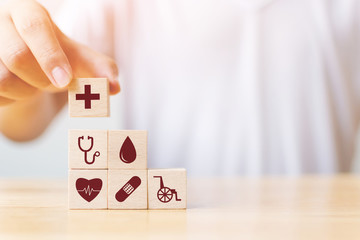
Complications review and advice/referral
Review and advise about recommended complications screening and assessments, including eye assessment and referral to optician, general diabetes foot care assessment and referral to podiatry, if necessary. Review of annual routine bloods for cholesterol and kidney function and blood pressure monitoring. This ensures good general health and wellbeing of all body systems, which have higher risk for problems when you have diabetes.
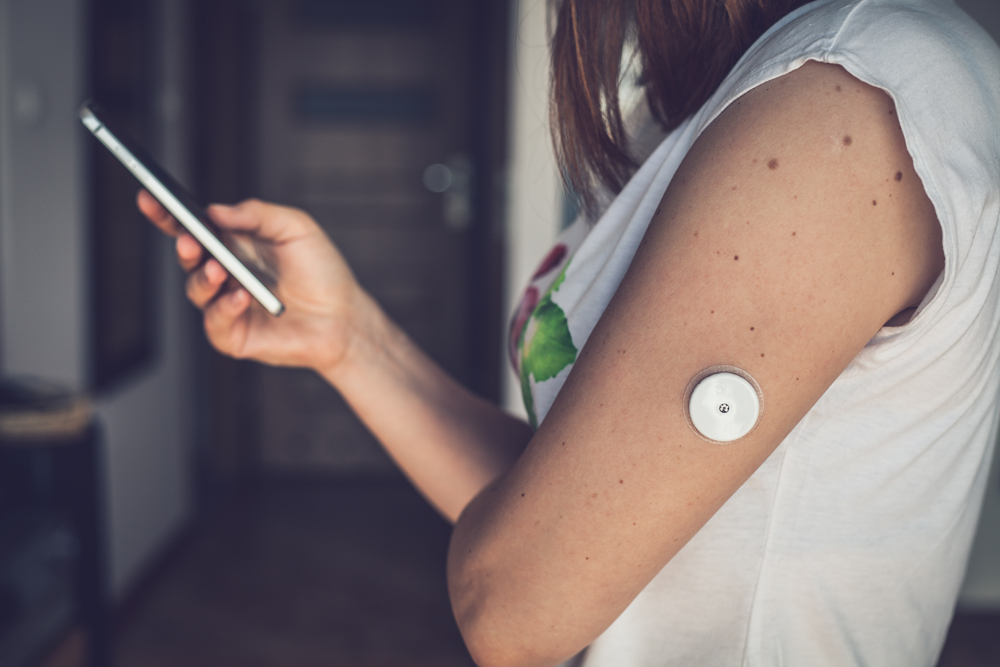
Continuous Glucose Monitoring (CGM) initiation
Continuous glucose monitoring (CGM) devices are small wearable systems that measure and display glucose levels throughout the day and night. They can be programmed to sound alarms and send warnings if glucose levels move outside an individually set target range.
We have broad experienced in using all CGM devices available in Australian market. We will offer guidance and support in choosing and applying for your CGM device. We will provide training on the use of your chosen device and teach you how to interpret the results to improve your diabetes control.
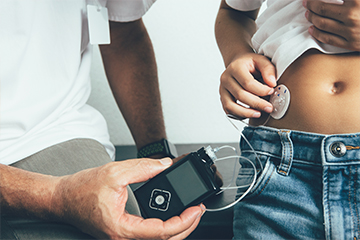
Insulin Pumps
An insulin pump is a small electronic device, about 5.3cm wide and 9.6cm tall. The pump can help you mimic the way a healthy pancreas functions, replacing the need for frequent injections. The pump delivers precise doses of rapid-acting insulin 24 hours a day, to match your body’s needs.
Whether you are new to insulin pumping or an experienced pumper requiring a upgrade to your existing device we can support you. We provide a personalised, supportive care package for your insulin pump start and support you through the stabilisation of your pump settings. We have many years of experience in insulin pumping and can guide and advise you in your choice of device. Certified pump trainer with the major insulin pump suppliers in Australia.

Teacher and Carer training
We provide training and education information sessions for healthcare staff, teachers and carers.
School visits and care facility visits available upon request. This will provide education to teaching or care staff about diabetes care for students or patients. Education can be tailored to meet the specific treatment regime of the student/patient or general training about management of diabetes in the community.
Please enquire by calling us or submit an online enquiry and we will contact you to discuss your requirements.
Why come see us?
Diabetes is a complex and serious disease and managing it every day can be challenging. To help you, we will focus on seven key areas of care that form the basis of supporting you with diabetes self-management. We can help you set priorities and coach you on each of these areas. This holistic approach to your diabetes education and care is the central to how we support you to achieve your goals.

OUR 7 KEY AREAS OF CARE
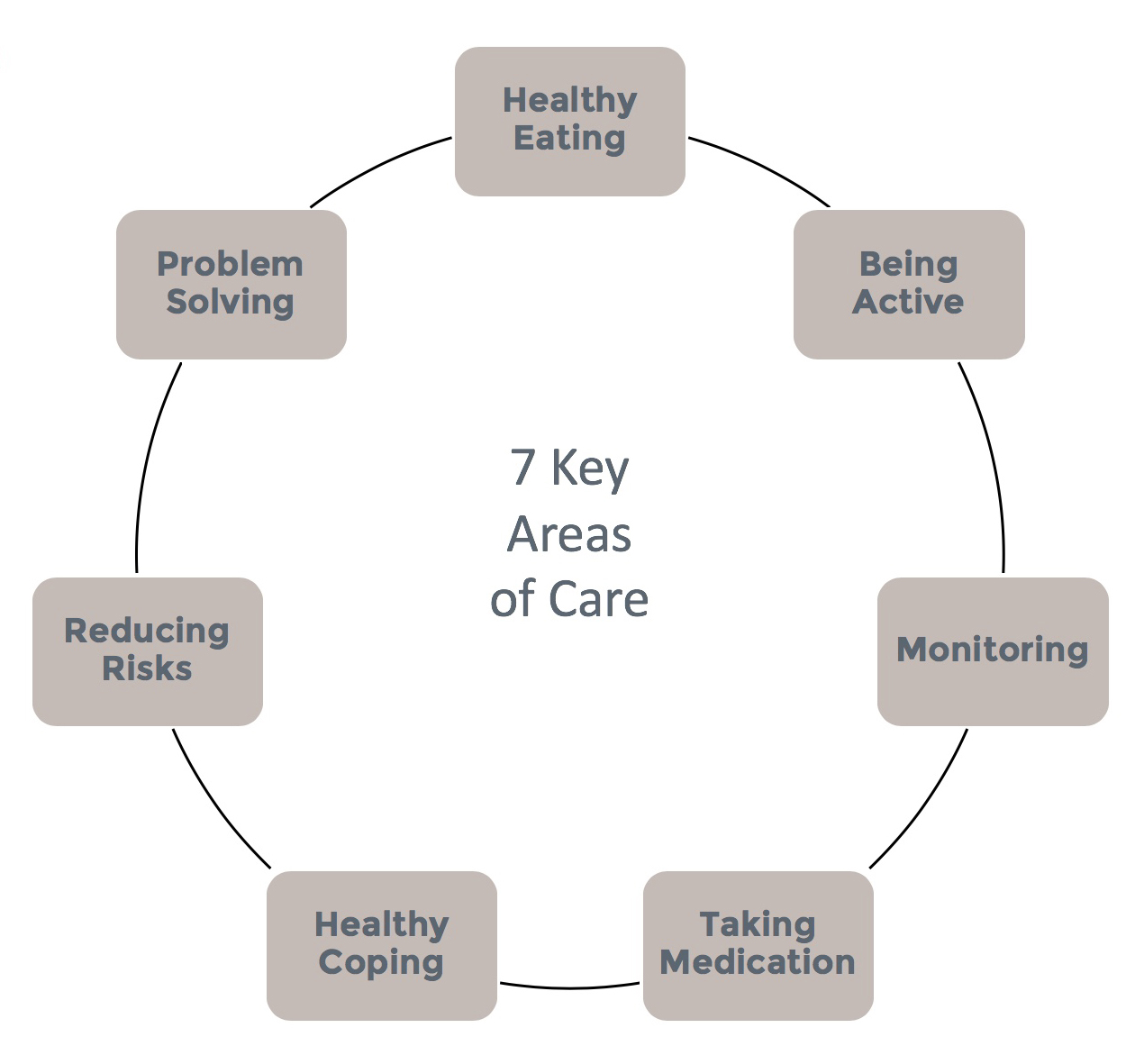 Healthy Eating
Healthy Eating
Having diabetes doesn’t mean you have to give up your favourite foods or stop eating in restaurants. In fact, there is nothing you can’t eat. But you need to know that the foods you eat affect your blood sugar.
Being Active
Being active is not just about losing weight. It has many health benefits like lowering cholesterol, improving blood pressure, lowering stress and anxiety, and improving your mood. If you have diabetes, physical activity can also help keep your blood sugar levels normal and help you keep your diabetes in control.
Monitoring
Checking your blood sugar levels regularly gives you vital information about your diabetes management. Monitoring helps you know when your blood sugar levels are on target and it helps you make food and activity adjustments so that your body can perform at its best.
Healthy Coping
Diabetes can affect you physically and emotionally. It’s natural to have mixed feelings about your diabetes management and experience highs and lows. The important thing is to recognize these emotions as normal and take steps to reduce the negative impact they can have on your self-care.
Taking Medication
There are several types of medications that are often recommended for people with diabetes. Insulin, pills that lower your blood sugar, aspirin, blood pressure medication, cholesterol-lowering medication, or a number of others may work together to lower your blood sugar levels, reduce your risk of complications and help you feel better.
Problem Solving
Everyone encounters problems with their diabetes management; you can’t plan for every situation you may face. However, there are some problem-solving skills that can help you prepare for the unexpected — and make a plan for dealing with similar problems in the future.
Reducing Risks
Having diabetes puts you at a higher risk for developing other health problems. However, if you understand the risks, you can take steps now to lower your chance of diabetes-related complications.
